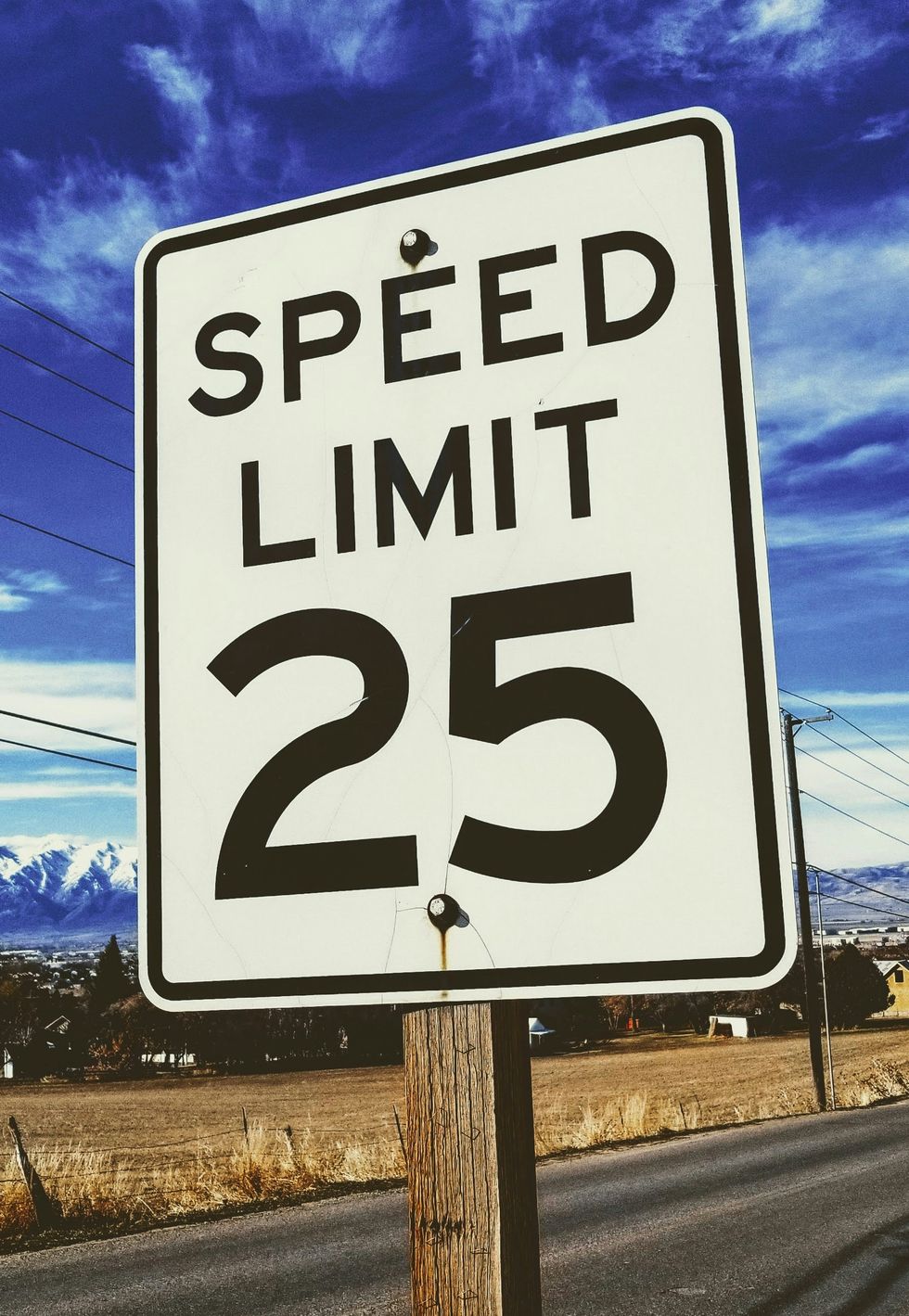This article was originally published on Benzinga and appears here with permission.
A new study published in the peer-review journal Cell looks at a novel compound capable of providing some of the therapeutic properties of psychedelics without hallucinations.
The paper, co-authored by Delix Therapeutics co-founder and chief scientific officer David Olson, Ph.D., posits that the novel molecule — baptized “DLX-1” — may have the potential to produce some of the antidepressant effects of classic psychedelics without altering one’s perception or producing a mystical experience.
Delix Therapeutics, a Boston-based biotech company, develops novel psychedelic-derived medicines and therapies to treat serious psychiatric and neurological conditions.
“Psychedelics, like LSD and psilocybin, impact the brain in two profound ways,” Olson told Benzinga.
“They induce mystical-type experiences and enhance neuroplasticity. Increasing evidence from both preclinical and clinical studies suggests that these properties can be decoupled.”
The results were found via in-vitro analysis and animal studies. Human testing would be required to ultimately prove that DLX-1 is capable of producing antidepressant effects without hallucinations.
Psychedelics Without Hallucinogenic Effects?
Much of psychedelics’ promising potential as a therapeutic agent is embedded in the framework of psychedelics-assisted psychotherapy. This type of therapy combines the consumption of a psychedelic substance with therapy and integration.
Ongoing Phase 2 and Phase 3 clinical trials on psilocybin and MDMA look at the use of these molecules in conjunction with talk therapy.
These trials have found that the combination of a psychedelic experience with proper accompaniment can produce promising results in the treatment of severe depression, addiction and post-traumatic stress disorder.
Scientists working in the psychedelics space are looking at ways to improve the efficacy of these molecules with the goal of opening the door to a plethora of new possibilities that would enable the use of psychedelics without professional supervision.
One of the challenges is to prove that these altered molecules can produce a successful therapeutic effect without inducing a hallucinogenic state.
Enter Psychoplastogens
Delix Therapeutics uses the term “psychoplastogen” to refer to a neuroplasticity-promoting compound. In this definition, classic psychedelics would be classified as hallucinogenic psychoplastogens, while Delix’s compounds would fall under the category of non-hallucinogenic psychoplastogens.
“Delix compounds were inspired by the neuroplasticity-promoting properties and chemical structures of psychedelics, but we do not consider them to be psychedelic compounds,” Olson said.
These properties and chemical structures induce the physical rewiring of the brain to repair damaged circuits, he said.
“Many people assume that the hallucinogenic effects of psychedelics are necessary for their therapeutic properties. However, this has never been unequivocally demonstrated, and in fact, recent evidence has emerged that supports the potential for non-hallucinatory approaches,” Olson told Benzinga.
The Role Of Psychoactive Effects
Dr. Albert Garcia-Romeu, a psychedelic researcher and member of the psychiatry and behavioral sciences faculty at Johns Hopkins University, contends that hallucinogenic compounds are more likely than non-hallucinogenic compounds to provide superior efficacy for mental health treatments because of their ability to alter core cognitive and emotional processes that can facilitate therapeutic insight, catharsis and behavioral change.
“For psychiatric conditions like depression, anxiety, PTSD, and addiction, my strong suspicion is that the psychoactive effects play a primary role, and that is borne out by virtually all contemporary clinical research with psilocybin for depression, cancer-related distress and addiction,” Garcia-Romeu said.
Dr. Charles Raison, director for clinical and translational research at the Wisconsin-based Usona Institute, said scientists disagree over whether the conscious part of the psychedelic experience is necessary for its therapeutic effects.
“But I don’t think anyone disagrees with the idea that psychedelics are psychoplastogens,” added Raison, who is also a psychiatry professor at the University of Wisconsin-Madison.
The idea of psychedelics as brain rewiring agents comes from animal studies, since “we don’t chop off people’s brains to see what psychedelics have done on a cellular level,” says Raison.
However, the psychiatrist notes that the psychoplastogen perspective doesn’t contradict the idea that psychedelics can have a therapeutic effect in combination with psychological treatment.
No one has ever rigorously studied the therapeutic benefit of psychedelics outside of assisted psychotherapy, Raison said.
Raison said he is working on the last stages of a survey-based study that suggests that psychedelics taken outside of the clinical context and without professional supervision can still provide mental health benefits.
“Our study, not published yet, of 2,512 psychedelic users suggests that these folks ascribe huge mental health benefits from their repeated use of psychedelics in naturalistic contexts,” he said.
Psychedelics Research Still Needs Clinical Oversight
Though Delix’s thesis of retaining the neuroplasticity-promoting properties of psychedelics without hallucinogenic effects was proven in-vitro, clinical oversight is still essential.
“Trials in humans would be necessary to show whether the substances tested in the Olson paper actually are or are not hallucinogenic and whether they do have any therapeutic benefit,” said Garcia-Romeu, who called Olson’s research “a solid piece of work.”
Delix’s DLX-1 utilized biosensor technology called “psychLight,” which can predict the hallucinogenic potential of compounds without relying solely on animal testing, according to the company.
“Preclinical results provide layers of guidance as to what compounds would make the best candidates for testing in people,” explained Dr. Andrew Chadeayne, CEO of the psychedelics research company CaaMTech Inc.
“Human testing is much more costly and resource-intensive, so the preclinical studies are useful in making good decisions as to what compounds to pursue in clinical trials.”
Chadeayne stressed that the only way to know how a given compound would affect or benefit patients is to test it in humans.
As opposed to the classic psychedelics being tested now, non-hallucinogenic psychoplastogens are new compounds with no history of anecdotal use, so predictions about their effectiveness can only be confirmed through testing and rigorous lab research.
“I have some misgivings about the conclusions, particularly about the translatability between humans and animals,” Garcia-Romeu said in reference to Olson’s research.
Garcia-Romeu added that there are many cases in which drugs seem to render positive effects in animals only to fail in human trials.
Raison agrees.
“My mentor liked to say that we’ve cured cancer in rats many thousands of times. So yes, clinical trials can and often do deliver very different results.”
Need a little more Bluntness in your life? Check out our YouTube page!
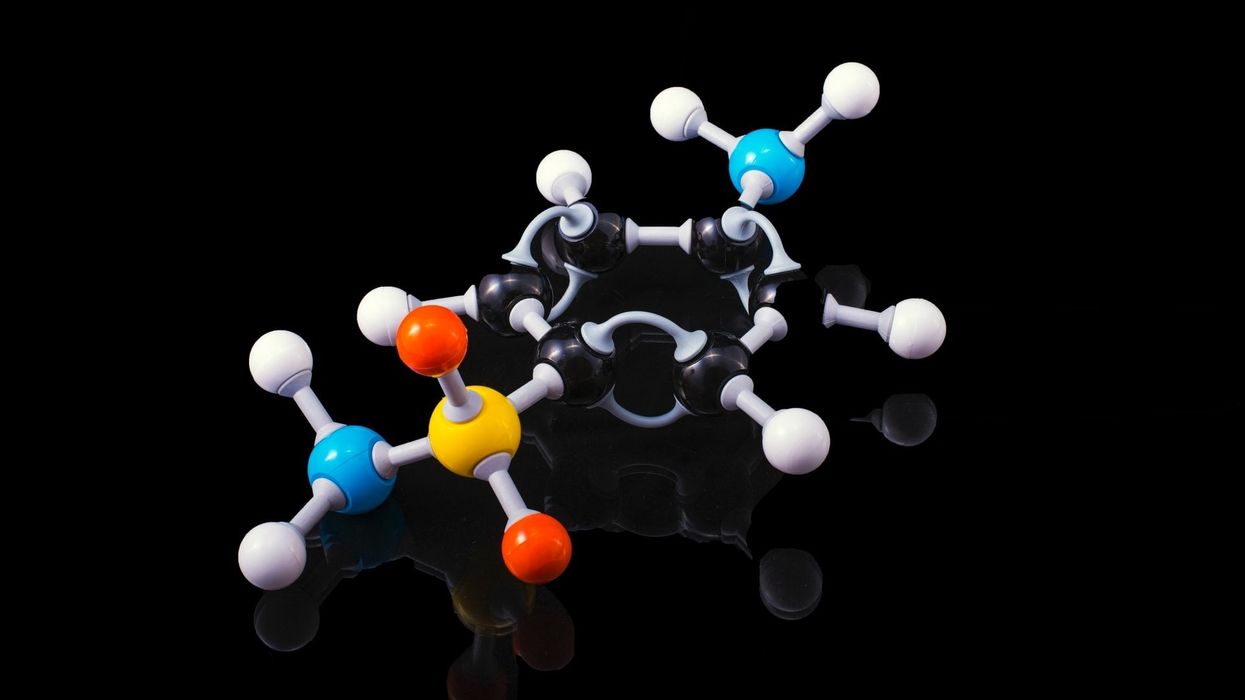














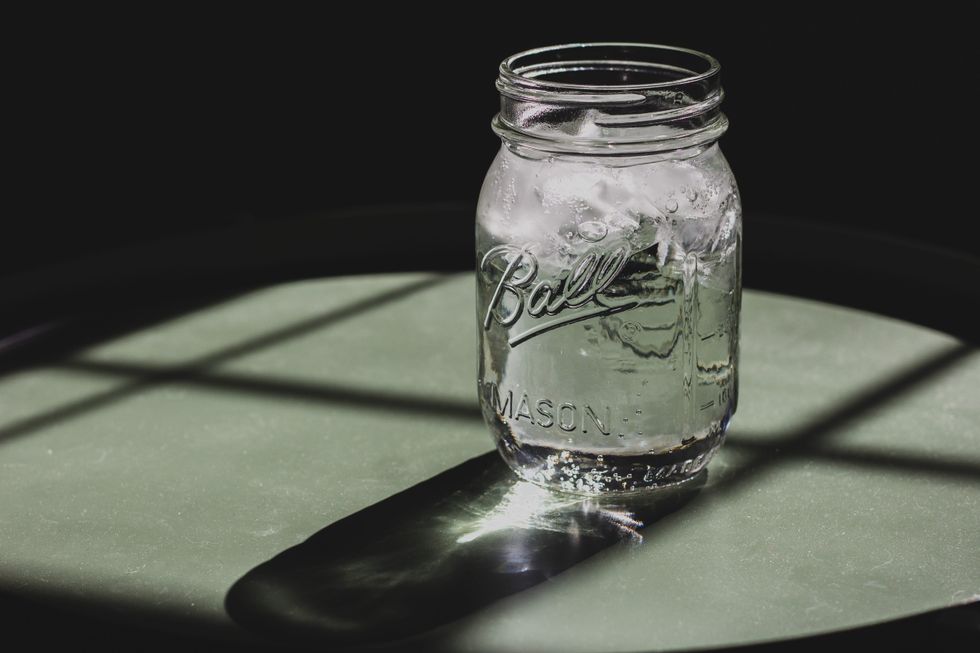 How to Store Magic Mushrooms
How to Store Magic Mushrooms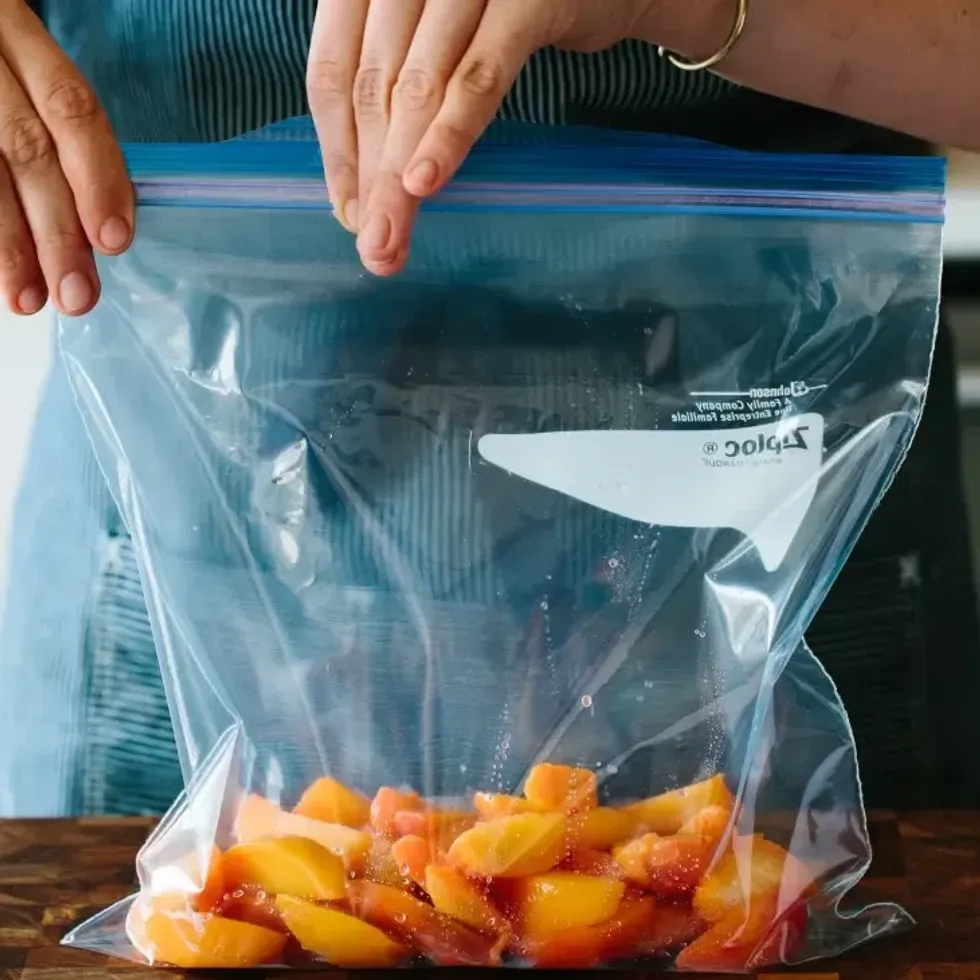 How to Store Magic Mushrooms
How to Store Magic Mushrooms How to Store Magic Mushrooms
How to Store Magic Mushrooms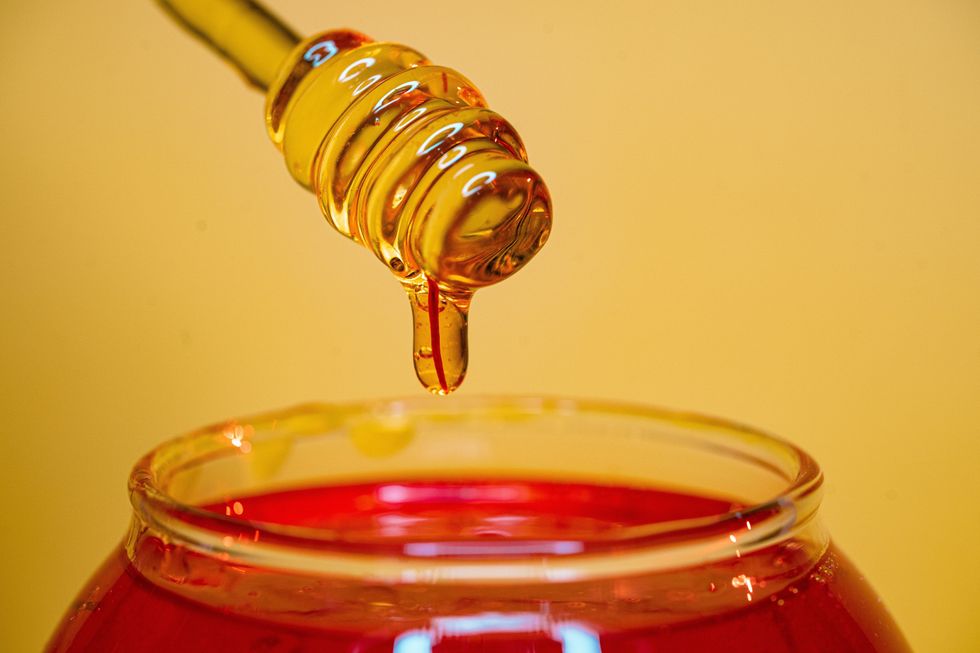 How to Store Magic Mushrooms
How to Store Magic Mushrooms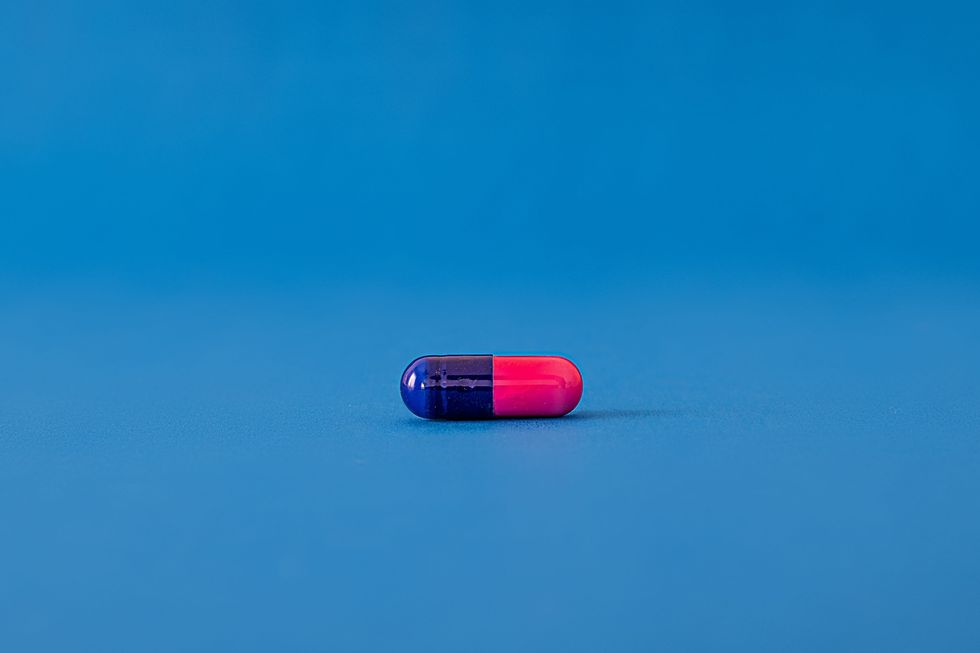 How to Store Magic Mushrooms
How to Store Magic Mushrooms
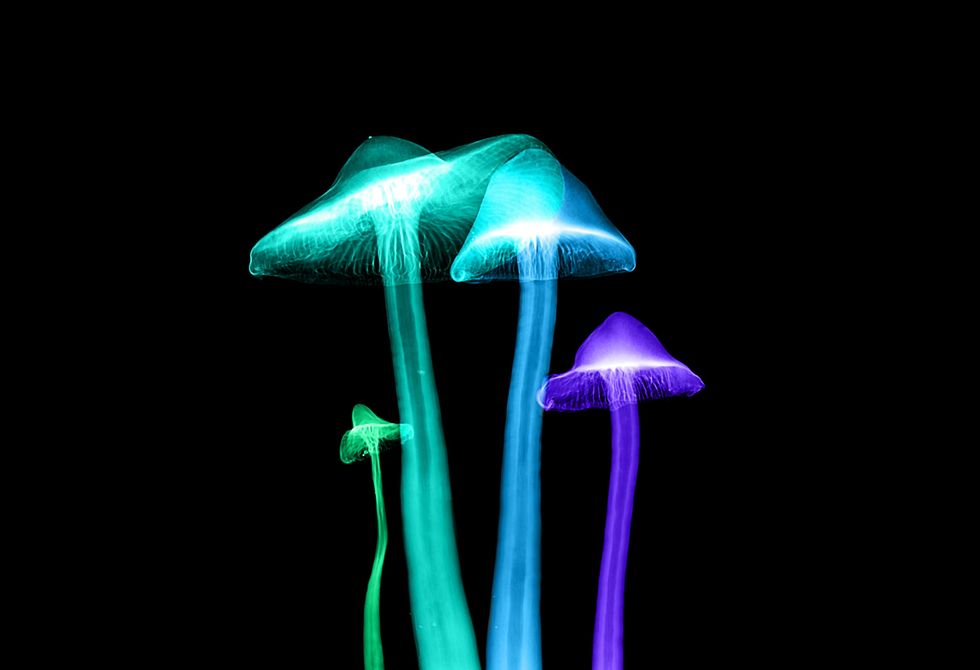 Introduction to Psychoactive Mushrooms: The Aztec God Strain - The Bluntness
Photo by
Introduction to Psychoactive Mushrooms: The Aztec God Strain - The Bluntness
Photo by 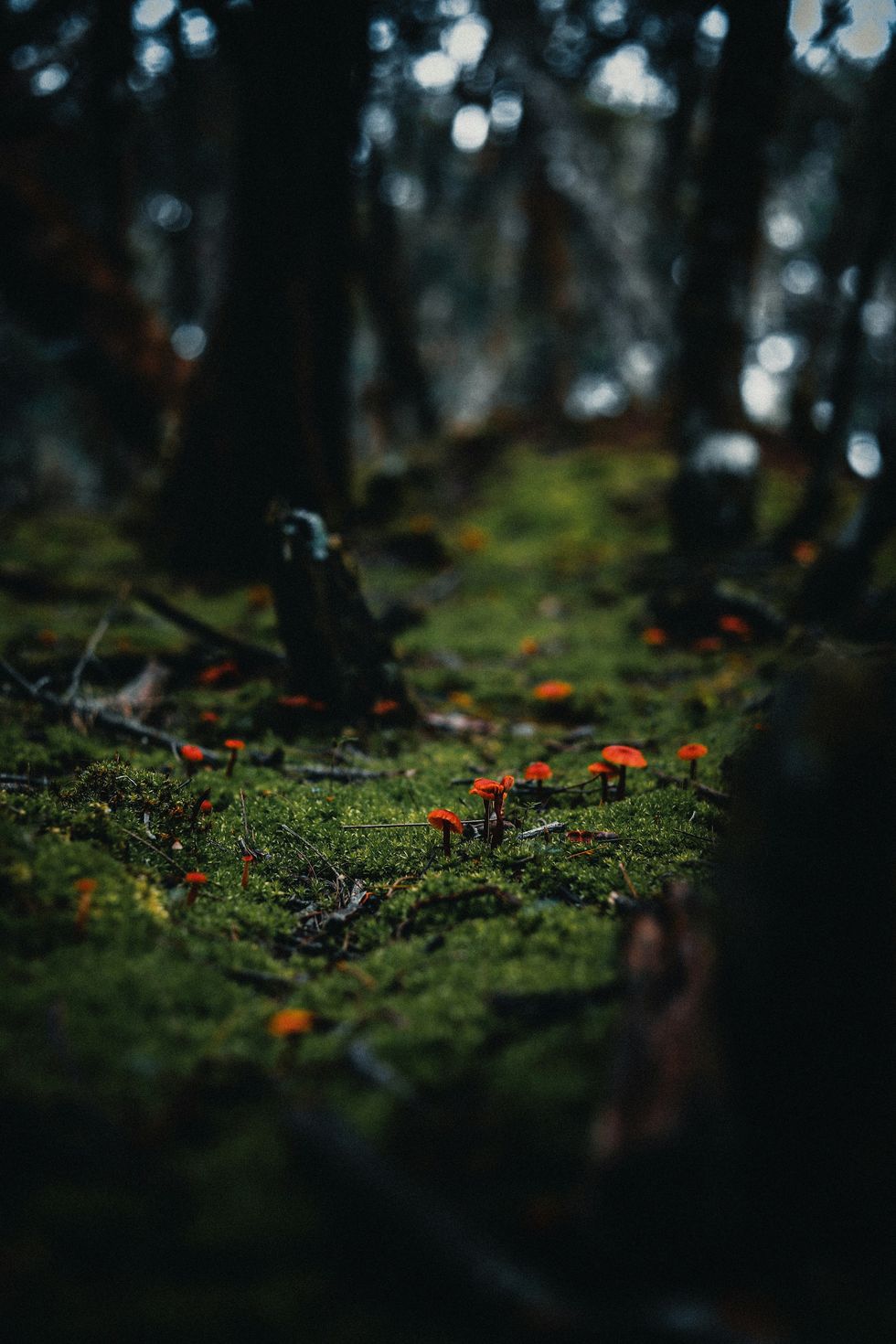 Introduction to Psychoactive Mushrooms: The Aztec God Strain - The Bluntness
Photo by
Introduction to Psychoactive Mushrooms: The Aztec God Strain - The Bluntness
Photo by 



